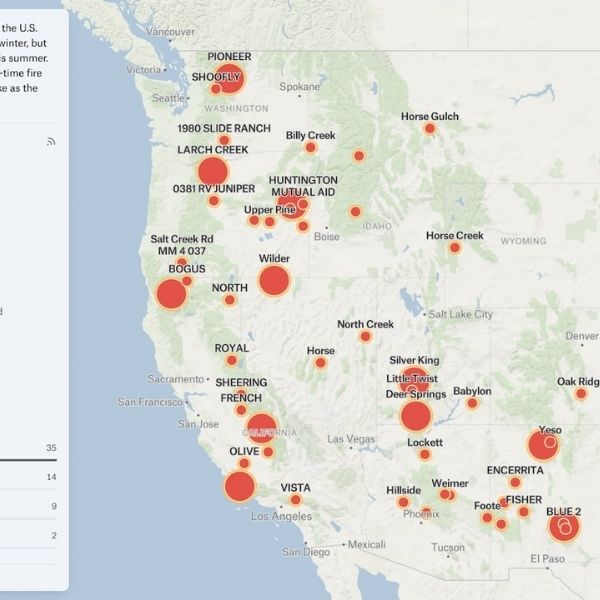A growing wave of Americans who once expected to enter their golden years with ease are now hitting the brakes on their retirement plans. New findings from the Alliance for Lifetime Income (ALI) 2025 Protected Retirement Income and Planning (PRIP) Study reveal that 38% of people aged 61–65 are considering delaying retirement, while financial advisers report that 28% of their clients have already postponed leaving the workforce.
The data highlights a clear reality — retirement confidence is being tested like never before.
The Top Reasons Americans Are Delaying Retirement
For many, three powerful financial concerns are creating a “retirement hesitation” effect:
Inflation and Rising Costs
Inflation remains the top concern for older Americans. According to the study, 67% of people aged 45–75 worry about inflation eroding their savings, while 60% are anxious about healthcare expenses.
Social Security Uncertainty
Confidence in Social Security is slipping. 58% fear benefits will be reduced, and 52% feel less certain about the program’s future compared to five years ago. As a result, 35% are thinking about claiming benefits earlier than planned, sacrificing potentially larger payouts in the future.
Insufficient Retirement Savings
The fear of outliving retirement savings is climbing. More than half of Baby Boomers and Gen Xers (54%) share this concern — a jump from 48% last year.
Why Baby Boomers and Gen X Face Unique Challenges
Peak 65 Pressure
“Peak 65” refers to the large wave of Americans now entering traditional retirement age. Two-thirds of those aged 61–65 may struggle to meet financial needs in retirement, according to the Retirement Income Institute.
More than half (52.5%) of Peak Boomers have retirement assets under $250,000, making it likely they will rely heavily on Social Security — particularly in later years when healthcare and long-term care costs rise.
Gen X’s Pension Problem
Gen X faces an even more uncertain future, with only 14% having pension plans. Without a steady source of guaranteed income, the transition away from a regular paycheck could be a major psychological and financial hurdle.
Retirement Spending Anxiety Is Rising
Even among those already retired, 33% say they are spending faster than expected, and 47% feel anxious about spending money in retirement. This is especially alarming considering that current retirees generally have more pensions than future Gen X retirees will.
How Protected Income Impacts Retirement Decisions
The study found that 32% of Americans are relying solely on Social Security for guaranteed income. Those without pensions or annuities are twice as likely to delay retirement as those with such protections (36% vs. 17%).
Financial advisers note that adding annuities or other income guarantees can help reduce fear and improve retirement readiness.
Strategies to Boost Retirement Confidence
Strengthen Social Security
Experts stress the importance of Congress taking action now to stabilize Social Security funding instead of waiting until a crisis point.
Adjust Retirement Planning Approaches
The survey shows that 65% of financial advisers have changed strategies in the past year to address inflation, market volatility, and interest rate concerns. Many are increasing client investments in annuities, now the most popular adjustment in retirement portfolios.
Work with a Financial Adviser
Working with a professional dramatically improves confidence. 70% of people with an adviser feel confident in creating a retirement income plan, compared to far fewer who go it alone.
However, cost remains a barrier — only one in four Americans currently work with an adviser. Experts recommend seeking advisers who offer fee structures that fit your budget, as the long-term benefits can outweigh initial costs.
The Bottom Line
Retirement may be arriving later than planned for millions of Americans, but the right combination of guaranteed income, proactive planning, and Social Security stability can help restore confidence. Whether you’re a Baby Boomer approaching Peak 65 or a Gen Xer still a decade away, addressing financial worries now can help you avoid becoming part of the “great retirement pause.”

Mrs. Odice has been a teacher here for 9 years. She likes yoga and spends most of her time with her 3 kids. She also grew up going to Douglas County schools and is Canadian.















Leave a Reply